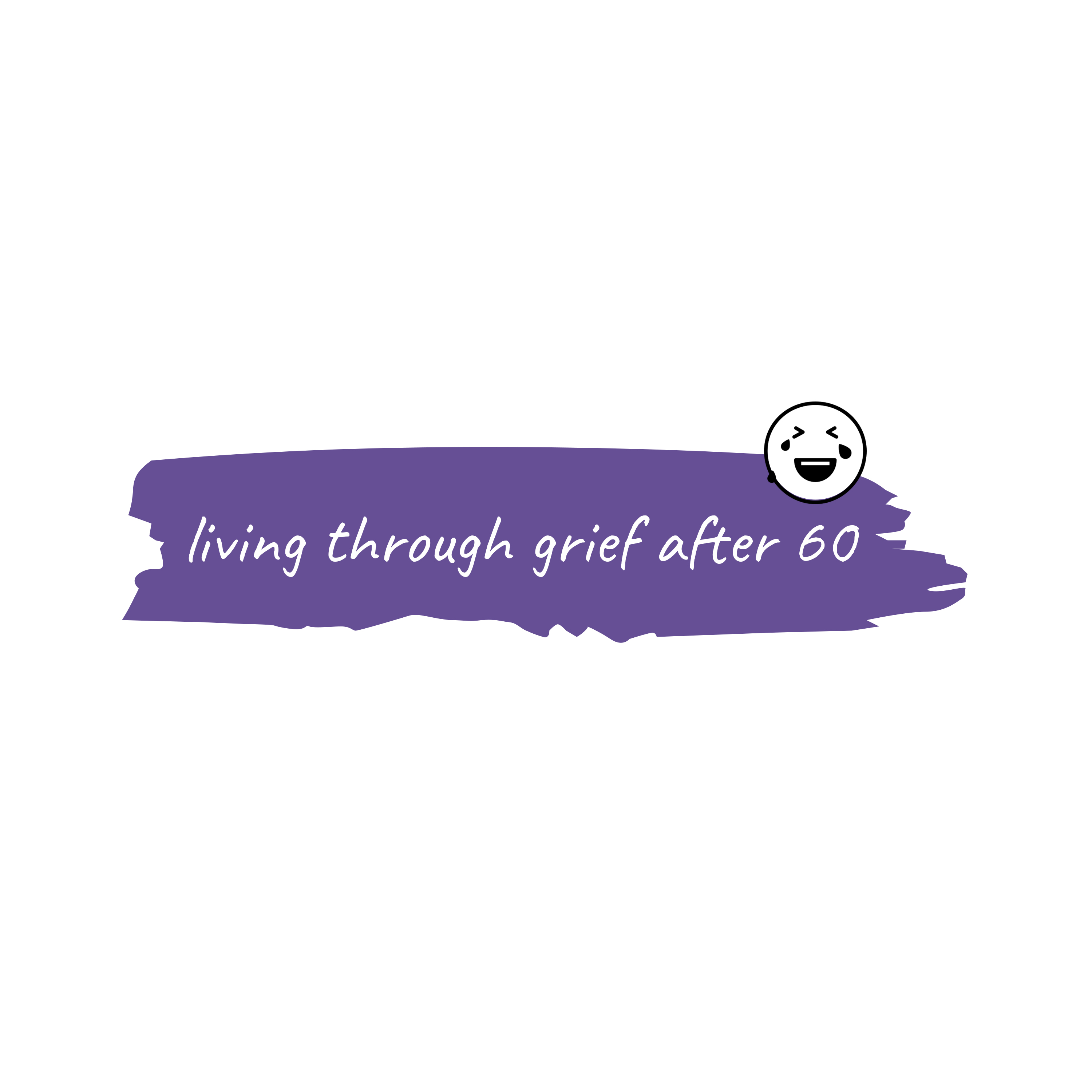This post may contain affiliate links, and I may earn compensation when you click on the links at no additional cost to you.
Why First Holidays Can Be Difficult
The holiday season between Thanksgiving and Christmas may be one of the saddest times of a family’s life following a death in the family. It may not seem right to celebrate what is supposed to be a joyous holiday without a loved one. No matter how much time, enjoying the holiday with friends and family may seem as a betrayal to the deceased’s memory. Survivors facing their first holiday season following a loved one’s death may not know what to anticipate. The knowledge that the holidays will not be the same without their spouse is difficult to imagine. The surviving spouse may seriously think about skipping the family Christmas celebration. As a result, they end up isolating themselves.
Why Social Isolation Is Dangerous for Seniors
Sonja Rosen at Cedars-Sinai Geriatrics Program in Los Angeles found that although social isolation of older adults tends to be overlooked, it has the same negative impact on an older person’s health as smoking 15 cigarettes a day. The loneliness of older adults is beginning to be recognized by medical and government officials as a public health issue, Rosen continued. Even for seniors who prefer to live alone, valuing the privacy and freedom that comes with living in their own home, social isolation is still a health risk, Rosen added.
Well meaning relatives are concerned for their loved one if a tree hasn’t been decorated, no Christmas carols are playing in the background, and no Christmas cards have been sent. A surviving loved one may not feel like celebrating at all. As a result, they may become socially isolated if they feel pressured to “move on” before they are ready.
How People Grieve is Different for Everyone
Darcie Sims writing in Care Notes encourages people who are facing their first holiday without a loved one to remind themselves that they are grieving. It is crucial that they be gentle and kind to themselves, keeping the word “ought” out of the holiday season, Sims continued.
There is no time limit on grieving. It depends on the individual; some people take a year or less to grieve. But others grieve for months or years. It can be especially difficult for a survivor if the deceased passed away during the holiday season. The holidays may symbolize a time of sadness instead of joy and celebration. If the deceased loved the holidays, it may take longer to heal. Although time may pass and the pain lessen, it is possible a survivor may never again be fully able to celebrate the holidays the way they did when their loved one was alive.
Difficulties of Grieving During the Holidays
It is possible that the survivor will have mixed feelings about coming to holiday gatherings. Survivors may have social anxiety and may prefer to avoid holiday gatherings altogether. The survivor may feel that any triggers that remind them of the loved one may cause them to start to cry in the middle of a holiday celebration. Their relatives, friends, and colleagues will feel uncomfortable as a result.
Grieving “just seems to make everything more difficult, especially the holidays with its roles, traditions, reminders and memories”, wrote Eleanor Haley in What’s Your Grief” . Survivors have an especially difficult time, continues Haley, of acting happy in front of family members, fearing that they will lose it at a given moment. Whether people try to keep busy as a way to cope or socially isolate themselves rather than respond to potentially insensitive questions and/or comments, Haley suggests doing their best to participate in the activities they value most, while taking the time for self-care.
Changing Holiday Traditions
Haley suggests that survivors find alternatives to past traditions, including:
- Going to a different religious service at a different time and place;
- Buying gifts online instead of going to busy shopping malls;
- Inviting a few friends to help trim the Christmas tree.
The individual should make changes that are best for them if they are grieving during the holidays. This is better than pretending that everything is OK when it is not. Grieving survivors have good days and bad days. They may do their best to remain distracted by working, giving away their loved one’s things or making plans to sell a house they have lived in for decades. It can take up to a year or more to feel “normal” about their new life that does not include their loved one.
Self-Care During the Holidays
It is crucial for people who are grieving during the holidays to make taking care of themselves a priority. This is especially true when their deceased loved one helped trim the tree, buy the presents, or decorate the house. LItsa Williams, writing in What’s Your Grief?, recommended that surviving loved ones communicate with their relatives about how they will be spending the holidays that will address “everyone’s worries and anxieties”. Williams shared that a plan about how to deal with the holidays following a loss should include:
- Deciding who will they be spending the holidays with;
- Deciding what to do about traditions and rituals that may be the hardest this particular holiday season;
- Discussing the roles and responsibilities of family members, especially those that may have been filled by the deceased;
- Making sure that family members are not overwhelmed by a new responsibility;
- Ensuring that a family member has the option to decline if they would rather not do something that was formerly done by the deceased;
- Being mindful on how you will care for yourself during the holidays.
Being Kind to Yourself While Grieving
Haley suggested that survivors become mindful that there are subtle, and not so subtle attitudes in society about “what they should need, how they should be, and what they do and do not deserve”. Haley suggests the following ways for survivors to be kind to themselves while grieving:
- Don’t compare yourself to others, nor yourself at a certain time in your life;
- Accept that a variety of experiences (emotional, physical, cognitive) are normal while grieving;
- Give emotions and experiences that are troubling the needed time and attention;
- Ask for, and accept, help;
- Focus on basic needs (breathing, eating, sleeping, connecting, and caring);
- Give yourself a break;
- Don’t apologize for loving the person who died.
Being kind to yourself is part of self-care. It can include taking part in the activities described below. It can also include just giving your “brain, body, and frayed emotions a rest” after a loved one’s death, Haley suggests. Most important, it means paying attention to both positive and negative feelings as they occur.
Recommended Activities for Grieving Seniors
Geriatrician Allison Mays at Cedar-Sinai Medical Center in Los Angeles suggests that seniors take part in exercise classes designed to prevent falls and reduce social isolation. Other recommended activities for older adults include:
- Joining exercise groups that focus on seniors,
- Volunteering at nonprofit organizations,
- Attend community events that are hosted by libraries, museum, places of worship, and recreation centers,
- Seek medical advice from geriatricians who can connect seniors to other resources and possible treatments,
- Reconnect with friends and family.
It is much easier to get through grief with support from loved ones than to pretend everything is fine when it really isn’t. Isolating from other people only makes the pain of the loss worse. The death of a loved one is one of the biggest stressors in life. Grieving people tend to be more vulnerable to illness following the death of a loved one.
Further Information on Grieving and the Holidays
Grief and the Holidays: Surviving, coping, and living while grieving the loss of a loved one during the Christmas holiday season is an excellent resource to survive the first Christmas season without a loved one.
A Final Holiday Wish for Seniors Grieving a Loss
I wish seniors 60 and older who are grieving a loved one this holiday season a Happy and Blessed Holiday Season.

